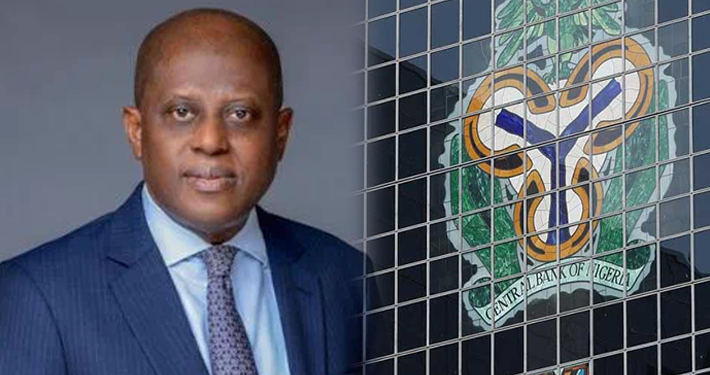The Central Bank of Nigeria (CBN) announced a significant milestone in the country’s foreign exchange market, recording a total inflow of $24 billion in the first quarter of 2024. This figure, as revealed by CBN Governor Olayemi Cardoso, marks a substantial increase of about 50% compared to previous quarters dating back to 2021.
In a detailed interview with Bloomberg TV, Cardoso attributed the impressive inflow to the effective monetary policies and measures the CBN has implemented to stabilize the forex market. He highlighted that these efforts have not only boosted FX liquidity but also contributed to the relative stability of the naira, easing the volatility that had plagued the market.
A Turning Point for Naira Stability
Cardoso expressed optimism about the current state of the naira, noting that the worst of its volatility seems to be over. He pointed out that the CBN’s interventions, which included curbing speculation and manipulation in the FX forward contract market, played a critical role in restoring confidence and trust in the naira.
“We are relatively pleased with the progress made in stabilizing the naira,” Cardoso said. “There has been significant stability in the past few weeks, and the currency has hardly moved.”
Tackling Inflation
The CBN’s efforts have also positively impacted inflation rates. Cardoso reported a deceleration in month-on-month inflation, which he sees as a positive development. With the current inflation rate at 33.69%, the CBN’s Monetary Policy Committee (MPC) remains vigilant, aiming to further moderate inflation through strategic policy measures.
“The MPC is determined to ensure that inflation is kept under control,” Cardoso emphasized. “We are seeing a deceleration in inflation rates, which is encouraging.”
Boosting Diaspora Inflows
Another significant move by the CBN involves increasing the inflow of diaspora funds. Cardoso revealed that a committee has been established to enhance the official FX market’s intake from international monetary operations, particularly from the Nigerian diaspora. This initiative aims to double the inflows from Nigerians abroad, further boosting the country’s FX liquidity.
“We recognize the crucial role of Nigerian diasporans in remitting significant amounts of money into the system,” Cardoso explained. “The committee’s efforts are already yielding positive results, increasing our market’s liquidity.”
Future Outlook
Cardoso’s interview underscored the CBN’s commitment to maintaining a stable and predictable forex market. By addressing distortions within the foreign exchange system and ensuring a steady flow of foreign capital, the CBN aims to create a more conducive environment for economic planning and investment.
“We believe that continuing on this trajectory will see liquidity grow further,” Cardoso concluded. “With the measures in place, we are confident in the future stability and growth of Nigeria’s foreign exchange market.”
Bottom Line
The $24 billion FX inflow in Q1 2024 is a testament to the effectiveness of the CBN’s policies and the resilience of Nigeria’s economy. As the country navigates through its economic challenges, the central bank’s strategic measures offer a promising path towards stability and growth in the foreign exchange market.









